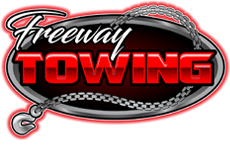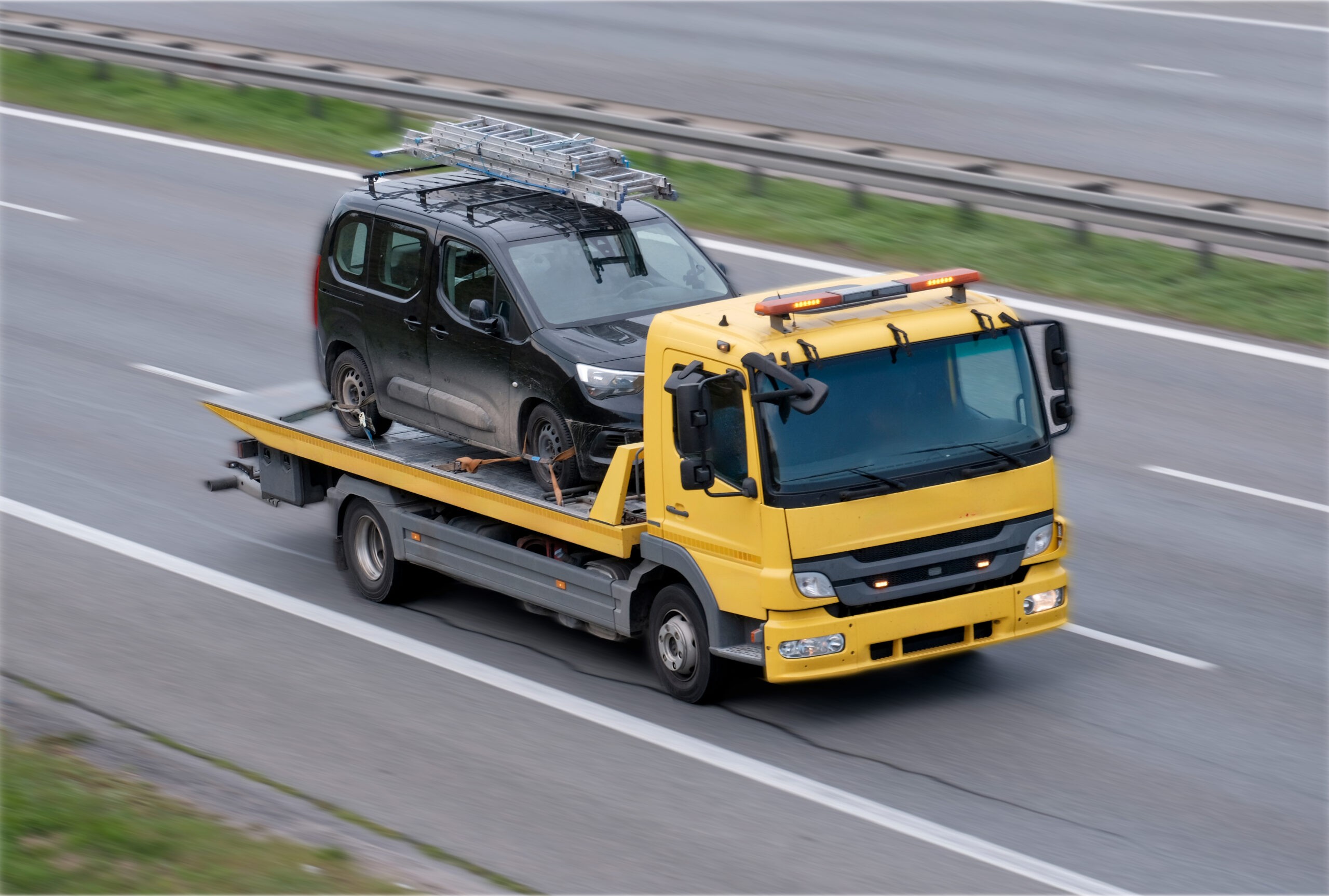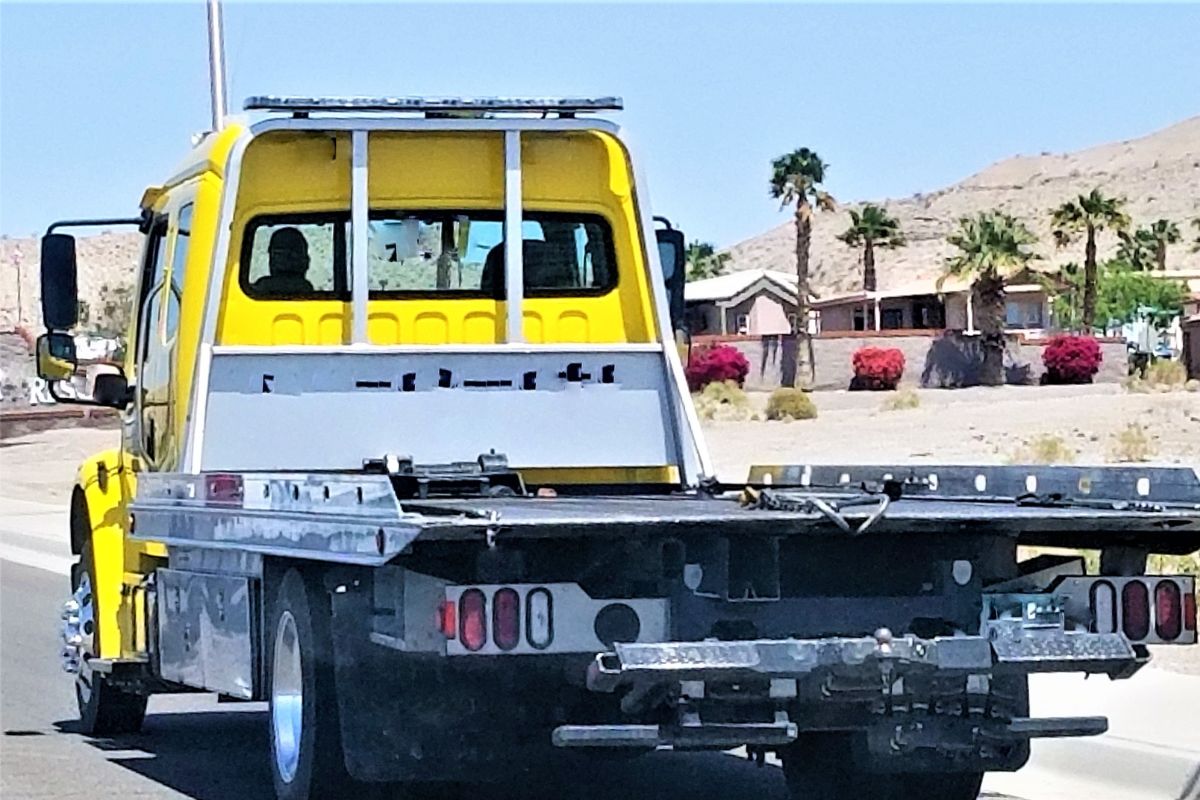A clear and solid private property towing agreement protects both property and vehicle owners. This agreement sets the rules for towing on private property. It explains who pays, how vehicles are removed, and what to expect. In this guide, we break down every detail of a private property towing agreement. We also touch on towing rules for private property, answer if you can be towed on private property, and explain if a car can be towed from private property.
Our trusted service, Freeway Towing, follows these rules strictly. We help you secure your property and remove unauthorized vehicles safely. Read on to learn about private property towing agreements, key components, and practical tips for your property.
Introduction
A private property towing agreement is a legal contract. It details the terms for towing vehicles from private land. This agreement gives clear permission to a towing company for vehicle removal. It outlines procedures, responsibilities, and costs. With this agreement in place, both property owners and towing companies benefit from clear expectations.
Property owners worry about unauthorized parking. With a private property towing agreement, you gain peace of mind. You know exactly how towing for private property works. Your agreement protects your rights while informing the towing company of your rules.
What Is a Private Property Towing Agreement?
A private property towing agreement is a contract between a property owner and a towing company. It allows for the removal of vehicles that break your parking rules. This agreement ensures that all parties understand their rights and duties.
Key Points of the Agreement
- Legal Clarity: It follows local towing rules on private property.
- Defined Terms: It explains if a car can be towed from private property.
- Clear Responsibilities: It shows who pays for towing.
- Protection: It protects both the property owner and the towing company.
A well-written private property towing agreement leaves no room for doubt. It answers common questions such as “can you be towed on private property” and “can a car be towed from private property.” This contract is the cornerstone of secure towing for private property.
Why Do You Need a Private Property Towing Agreement?
Property owners face issues with unauthorized parking daily. A private property towing agreement helps in many ways:
Benefits for Property Owners
- Clarity and Control: You set clear rules for vehicle removal.
- Legal Protection: The agreement protects you in disputes.
- Quick Action: Towing companies act faster with a signed contract.
- Cost Management: It specifies who bears the towing fees.
Benefits for Towing Companies
- Clear Guidelines: They know what is expected.
- Legal Compliance: The contract meets all towing contract requirements.
- Reduced Disputes: Clear terms reduce conflicts with vehicle owners.
This agreement is essential if you are a property owner or part of a business dealing with parking. It ensures all parties understand the rules and responsibilities. It also makes sure that towing companies for private property follow the law.
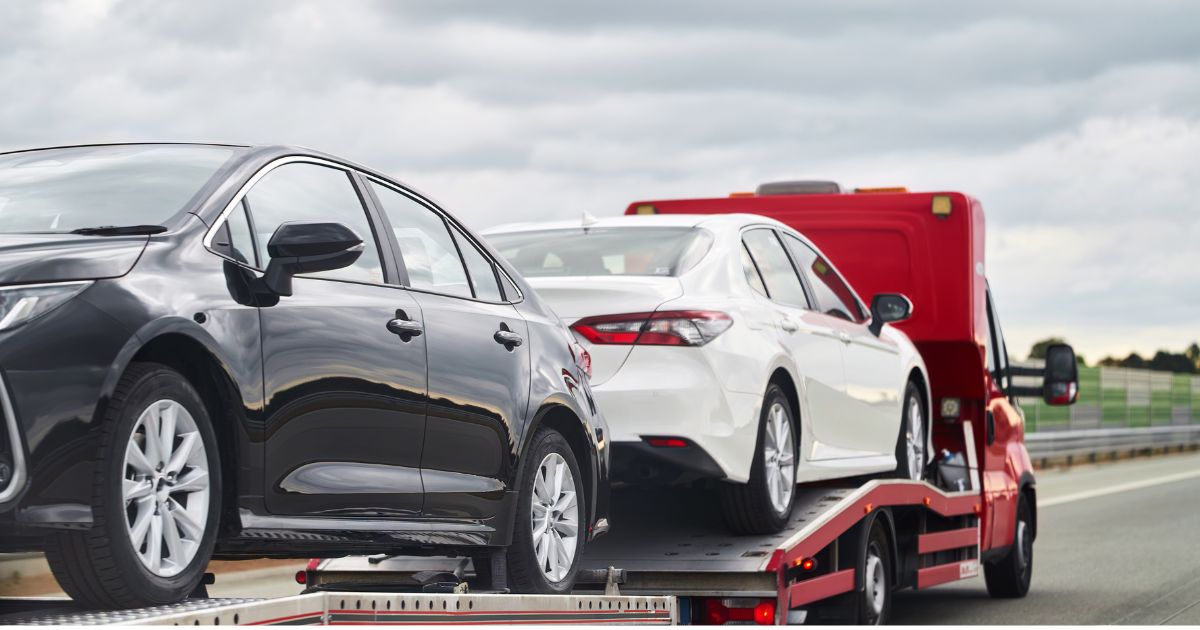
Key Components of a Private Property Towing Agreement
A solid private property towing agreement must include the following components:
1. Parties Involved
Clearly state the names and addresses of the property owner and the towing company. This section clarifies who is responsible for what.
2. Scope of Service
Define the types of vehicles that can be towed. For example:
- Unauthorized parked vehicles
- Abandoned or damaged cars
- Vehicles blocking fire lanes or driveways
3. Legal Authority
Include references to local towing rules for private property. This section answers common questions like “can you be towed on private property” under state laws. Cite relevant state laws if needed.
4. Fees and Payment
Detail all fees associated with towing. Explain:
- Who pays if the vehicle is insured?
- Any fees for abandoned vehicles.
- Payment methods and terms.
5. Towing Process and Timeline
Outline the steps the towing company will take:
- Verification: Inspect and verify the violation.
- Documentation: Record evidence and notify the owner.
- Removal: Safely remove the vehicle.
- Impound: Describe the impound process if the vehicle is held at an impound lot near me.
6. Insurance and Liability
Clarify insurance responsibilities and liability in case of damage during towing. This protects both parties from unexpected claims.
7. Termination Clause
Explain how either party can terminate the agreement. This gives both sides flexibility if circumstances change.
Towing Rules and Regulations
A private property towing agreement must follow strict towing rules private property. These rules protect your rights as a property owner and ensure that the towing company acts within the law. Here are some common rules:
- Clear Signage: You must display clear “No Parking” signs.
- Notification Requirements: The towing company must notify the proper authorities.
- Time Limits: There is usually a set time before a vehicle can be towed.
- Documentation: Taking photos and recording details is essential.
These rules help answer the question, “can a car be towed from private property” under certain conditions. They also help guide towing for private property operations.
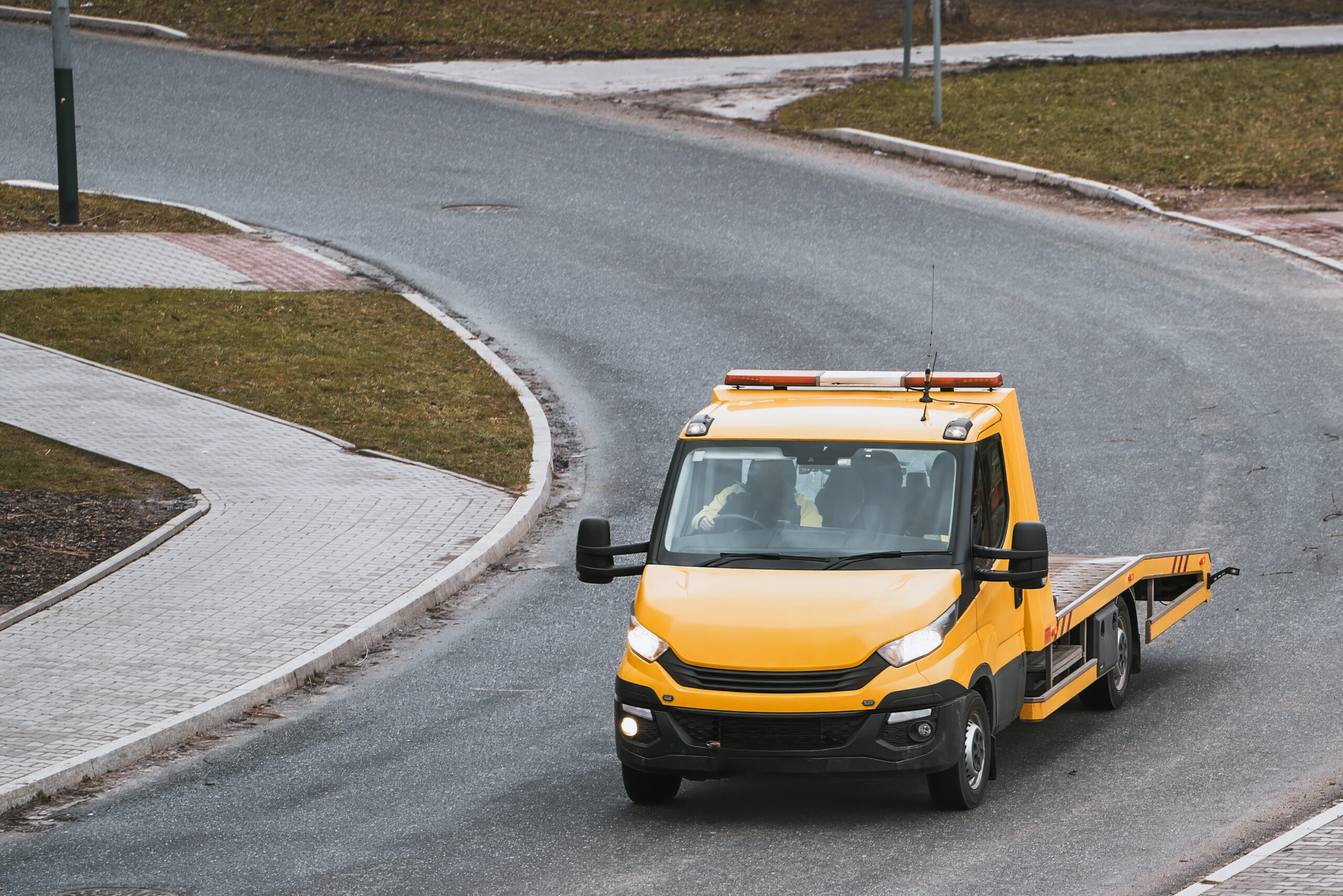
How to Draft a Private Property Towing Agreement
Drafting a private property towing agreement may seem challenging. Follow these simple steps:
Step-by-Step Guide
- Research Local Laws:
Understand your local towing rules private property.
Check state laws and municipal codes. - Outline Key Terms:
Write down essential components like parties, scope, and fees. - Consult a Lawyer:
Have a legal expert review the agreement. This step ensures it meets all legal requirements. - Negotiate Terms:
Discuss terms with your towing company for private property services.
Both sides must agree on every detail. - Finalize the Contract:
Sign the contract. Keep copies for both parties.
Sample Table: Key Agreement Components
| Component | Description |
| Parties Involved | Names and addresses of the property owner and towing company |
| Scope of Service | |
| Legal Authority | |
| Fees and Payment | |
| Process and Timeline | |
| Insurance and Liability | |
| Termination Clause |
This table offers a clear snapshot of what your agreement should cover.
Best Practices for a Private Property Towing Agreement
To create a robust private property towing agreement, follow these best practices:
- Keep It Simple:
Use clear and easy-to-understand language.
Avoid legal jargon. - Be Transparent:
Clearly state all terms and conditions.
Make sure both parties know what to expect. - Update Regularly:
Review and update your agreement to reflect any legal changes.
This ensures you follow the latest towing contracts. - Communicate Clearly:
Discuss all points with your towing company for private property services.
Clear communication prevents disputes. - Record Everything:
Document every towing incident with photos and notes.
This helps in case of legal questions later.
Why Choose Freeway Towing?
Freeway Towing stands out as a trusted towing company for private property. We provide efficient and reliable service. Our team follows a strict private property towing agreement. We work within the law and protect your rights. When you need a towing company for private property, our experts are ready to help.
Our service includes:
- Fast vehicle removal.
- Clear communication.
- Professional handling of all towing contracts.
- Assistance with roadside issues.
Choose Freeway Towing for a seamless experience. We ensure every step meets your expectations.
Frequently Asked Questions :
1. What is a private property towing agreement?
A private property towing agreement is a contract between a property owner and a towing company. It outlines the rules, fees, and process for removing unauthorized vehicles. This agreement protects both parties and follows local towing rules for private property.
2. Can you be towed on private property?
Yes, you can be towed on private property if the vehicle violates posted rules. The agreement explains when a car towing a car is allowed. It follows local laws and ensures proper notice is given.
3. What should be included in a private property towing contract?
A private property towing contract must include the parties involved, the scope of service, legal authority, fees, process, insurance details, and a termination clause. This ensures that all aspects of towing for private property are covered.
4. How do towing companies handle disputes?
Towing companies follow the terms in the private property towing agreement. Clear documentation and proper signage help avoid disputes. The contract also specifies who pays and how claims are handled.
Conclusion
A private property towing agreement is essential for any property owner. It provides legal clarity and sets clear rules for vehicle removal. This guide covered what a private property towing agreement is, why it matters, and how to draft one. We broke down key components and best practices. A sample table shows the important parts of the agreement. With a clear agreement, you protect your property and avoid disputes. The contract also informs the towing company for private property of your exact rules. Freeway Towing follows these standards. We deliver fast and reliable service while ensuring legal compliance. Using a private property towing agreement is a smart step. It answers questions like “can you be towed on private property” and “can a car be towed from private property.” Clear terms help everyone understand their roles. They also set clear payment responsibilities and timelines.
